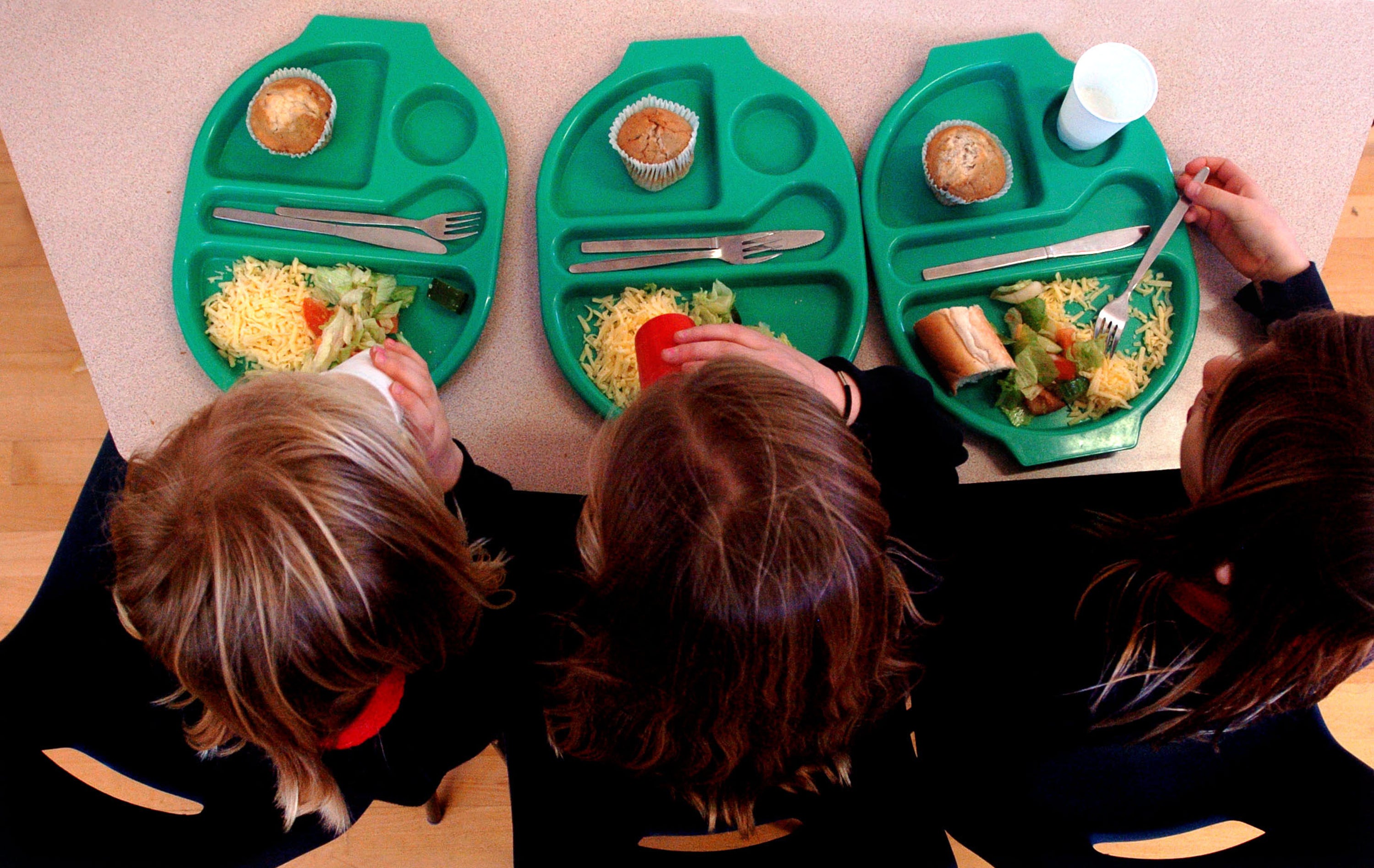What are the new Ofsted rules and what do they mean for schools?
What are the new Ofsted rules and what do they mean for schools?
Share:
They follow the death of headteacher Ruth Perry. Ofsted has announced proposals for a new rules for school inspections in England. Schools in England were issued with one of four judgments for overall effectiveness – outstanding, good, requires improvement and inadequate – when inspected. This was scrapped last year following criticism of the inspection system since the death of headteacher Ruth Perry.
![[Previously, Ofsted awarded one of four single-phrase inspection judgments (PA)]](https://static.independent.co.uk/2025/01/17/00/35e70661c1ebee2336daf67b954199baY29udGVudHNlYXJjaGFwaSwxNzM3MTE1MDUz-2.77325984.jpg)
Mrs Perry took her own life after an Ofsted report downgraded her Caversham Primary School in Reading from its highest rating of “outstanding” to its lowest rating, “inadequate”, over safeguarding concerns. A coroner concluded the Ofsted inspection in November 2022 “contributed” to Mrs Perry’s death. Ofsted said a consultation – called the Big Listen – returned a clear message from parents, carers and professionals that the overall effectiveness grade should go, and that inspection reports should provide a more nuanced view of a provider’s strengths and areas for improvement.
But it said there were different views on how to do that – parents and carers favoured a clear assessment of a wider set of categories, while most professionals wanted narrative descriptions of performance. Ofsted is proposing that schools, early years providers, and further education and skills providers, in England, could be graded across a variety of different areas using a colour-coded five-point scale – with inspectors producing a report card.
Sir Martyn Oliver, chief inspector of Ofsted, said it would be “a bit like a child’s school report card” and would highlight all the things that schools excel at as well as the areas where they could improve. He said the report card give a “far better balanced, more realistic and a fairer picture of all of a school’s strengths and areas for improvement”. In a consultation document, Ofsted said the proposals will allow inspectors to “highlight poor practice with more precision – pointing laser-like to specific issues, not shining a floodlight on the whole provider”.
Schools would receive ratings – from the red coloured “causing concern” to orange coloured “attention needed”, through the green shades of “secure”, “strong” and “exemplary” – for each area of practice. Areas rated would include leadership and governance, curriculum, developing teaching, achievement, behaviour and attitudes, attendance, personal development and well-being, and inclusion.
Safeguarding would not be graded with the five-point scale and instead it would be assessed as either met or not met under the plans. Evaluation areas for early years providers would include aspects such as behaviour, attitudes and establishing routine. The grade will be accompanied by short summaries of inspectors’ findings in more detail. An overall effectiveness grade will not be awarded. Ofsted said it is proposing that all schools with an identified need for improvement will receive monitoring calls and visits, to check that timely action is being taken to raise standards.
This includes schools with any evaluation area graded “attention needed”. Ofsted said it will only monitor for as long as is necessary to see a tangible difference for children. The proposals have been criticised by Paul Whiteman, general secretary of school leaders’ union NAHT, who said they “suggest an inspectorate determined to hold on to a model of inspection that is long past its sell-by date”.






















